We use cookies on this website. Cookies help us deliver the best experience on our website. Read about cookies.
-
- Education
- Education
- Programmes and courses
- Applications and admissions
- Tuition fees
- Scholarships
- Exchange studies at Malmö University
- Study Guidance
-
- After admission
- After admission
- Moving to Malmö
- Pre-orientation
- Arrival guide
-
- About studies at Malmö University
- About studies at Malmö University
- Why choose Malmö University
- Understanding university studies
- Connect with current students
On the page -
- Research
- Research
-
- Doctoral studies
- Doctoral studies
- Doctoral courses
-
- Doctoral schools
- Doctoral schools
- Education, Learning and Globalisation
- Doctoral school: Learning in Multicultural Societal Contexts
- ComBine
- Swedish National Graduate School in Science and Technology Education Research
- Doctoral school: Relevancing Mathematics and Science Education (RelMaS)
- Doctoral school: Sustainable Movement Education
- Finding ways in a time of great future challenges (FinnFram)
- Doctoral school: Pedagogy and Vocational Skills
- Doctoral school: Culturally Empowering Education through Language and Literature
- Research subjects
-
- Research centres
- Research centres
- Biofilms Research Centre for Biointerfaces
- Citizen Health
- Imagining and Co-Creating Futures
- Institute for Urban Research
- Malmö Institute for Migration Studies
- Literacy and Inclusive Teaching
- Centre for Work Life and Evaluation Studies
- Sustainable Digitalisation Research Centre
- Centre for Sexology and Sexuality Studies
-
- Research publications
- Research publications
- Search publications
- Malmö University Press
- Research events
- Participate in a research study
- Coffee Break Quiz
On the page -
- Collaboration and Innovation
- Collaboration and Innovation
-
- Areas of collaboration
- Areas of collaboration
- Muvah
- Innovation
- Collaboration with students
-
- Collaborate with researchers
- Collaborate with researchers
- Labs and facilities
- Culture collaboration
- Support Malmö University
On the page -
- About us
- About us
-
- Faculties and departments
- Faculties and departments
-
- Faculty of Culture and Society
- Faculty of Culture and Society
- Department of Urban Studies
- Department of Global Political Studies
- School of Arts and Communication
-
- Faculty of Education and Society
- Faculty of Education and Society
- Department of Childhood, Education and Society
- Department of Sports Sciences
- Department of Natural Science, Mathematics and Society
- Department of School Development and Leadership
- Department of Culture, Languages and Media
- Department of Society, Culture and Identity
-
- Faculty of Odontology
- Faculty of Odontology
- Our research
- University Dental Clinic
-
- Find and contact Malmö University
- Find and contact Malmö University
- Visit Malmö University
- News and press
- Map of the buildings (Google Maps)
- Merchandise
- Whistleblowing
- Management and decision-making paths
-
- Vision, objectives and strategy 2025
- Vision, objectives and strategy 2025
- Global engagement
- Sustainability
- Widened recruitment and participation
- Quality assurance work at the University
-
- Malmö Academic Choir and Orchestra
- Malmö Academic Choir and Orchestra
- Student work – video pieces
- Alumni & Friends
-
- Annual Academic Celebration
- Annual Academic Celebration
- Academic traditions
- Meet our new professors
- The University in a troubled world
On the page
Malmö University - then and now
– then and now
2023
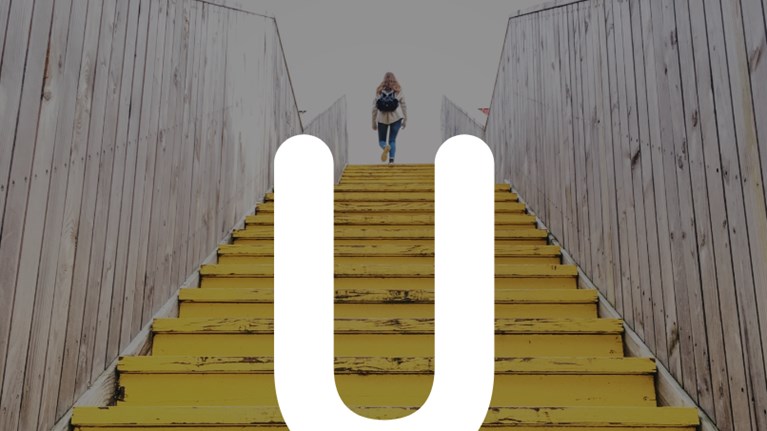
Malmö University wants to continue running a joint European University
Malmö University and the other European universities within an alliance known as UNIC apply for continued EU funding for a joint European University. UNIC is an organisation with ten universities in post-industrial cities with young and multicultural populations. It is part of the European Universities Initiative (EUI) – an initiative to create new collaborations for higher education institutions and exchange opportunities for staff and students.
2022
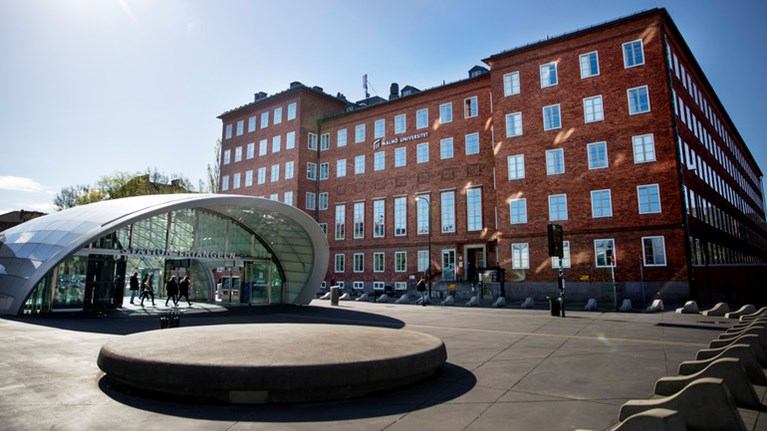
Malmö University at the top among universities that conduct research on jaw problems
In a new bibliometric study of the research area of jaw disorders, Malmö University comes in second place in the world. The ranking shows, among other things, productivity and citations per publication.
2022
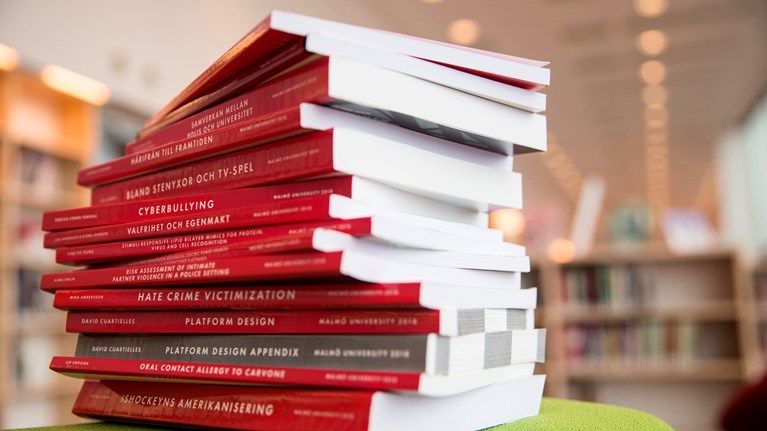
Premiere for new publisher
The University publishing house Malmö University Press is started as a channel to disseminate and make research results available to more people. The University's researchers can publish theses, monographs, anthologies, and journals.
2022

Malmö University becomes part of European innovation hub
DigIT Hub Sweden is designated as a European Digital Innovation Hub (EDIH). The hub is part of a European network of digital innovation collectives where competence and resources are connected.
2022
A record amount of money for research
The income for research breaks records and is now greater than SEK 500 million. External research funds account for the largest part of the increase.
2022
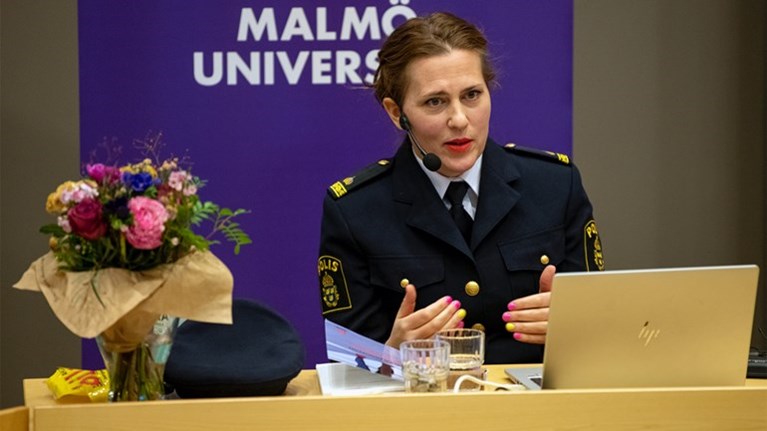
First police employee to hold a doctorate in criminology
Mia-Maria Magnusson becomes the first police employee to hold a PhD in criminology at the Department of Criminology. Her thesis shows a method that makes it possible to predict which places are at risk of problems with drug dealing and shootings.
2022
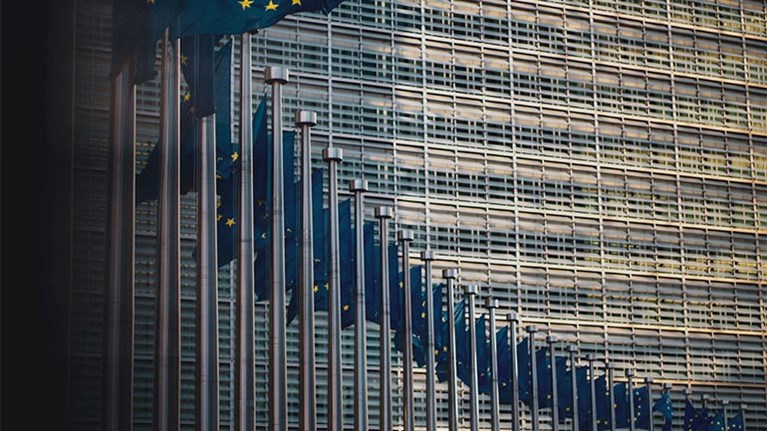
Malmö University represents Sweden in a network for the most innovative universities in Europe
Malmö University is appointed to represent Sweden in the network for the most innovative higher education institutions in Europe as part of the European Network of Innovative Higher Education Institutions (ENIHEI). The mission includes contributing with ideas for how higher education can lead to increased innovation and being a pioneer when it comes to implementing the EU's new innovation agenda.
2021
Malmö named student city of the year
A city to live and enjoy both before, during and after studies, where students are also seen as a natural part of the city's development. This is how Sweden's united student unions (SFS) describe Malmö, which is named Student City of the Year 2021/22.
2021
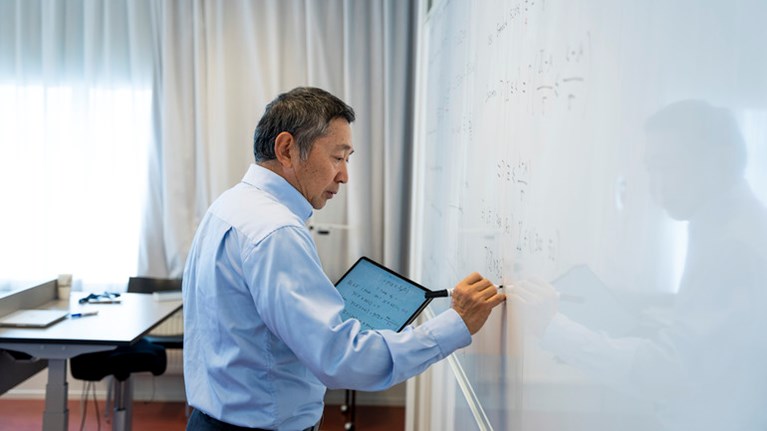
New education tackles the shortage of science and tech teachers
A new teacher education, where studies alternate between employment and study, starts in the autumn. The education combines the subjects of biology, chemistry and technology and is a response to the current shortage of teachers in those fields.
2021
Applied physics becomes a postgraduate subject
Dean Andreas Jacobsson describes postgraduate education rights as an important piece of the puzzle that makes the research environment more attractive for collaboration. "The decision gives the natural sciences, mathematics and physics subjects a better platform, which I think is important for the entire University's profile," he says.
2021
Mau Holding invests in reusable pregnancy tests
Mau Holding makes its first investment with Pharmista Technologies AB, which is developing pregnancy tests that will be able to be used multiple times.
2020
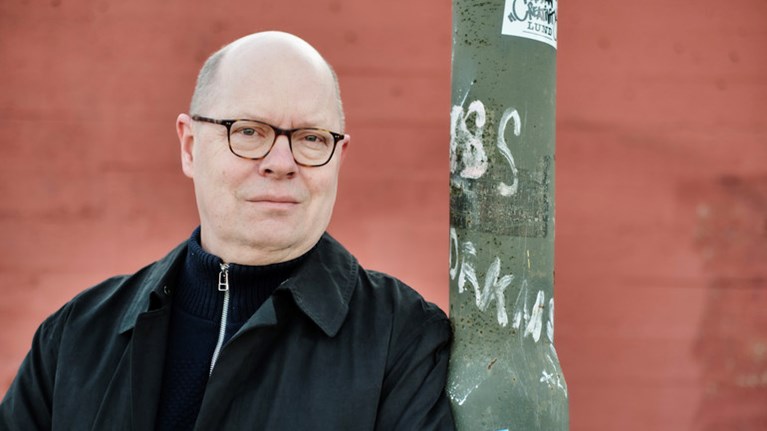
Malmö University's first professor of comics
Gunnar Krantz becomes Malmö University's first artistic professor in visual communication and drawing. "Comics are a method for finding things out," says Krantz.
2020
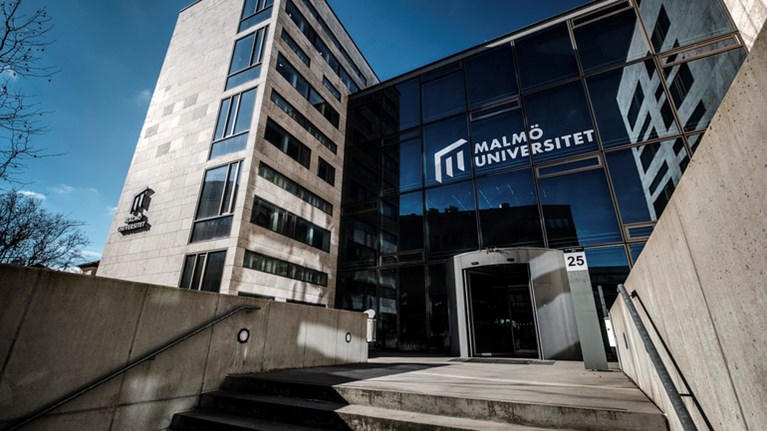
Criminology is established as a subject at postgraduate level
This makes Malmö University the second higher education institution in Sweden to offer postgraduate training in the subject. It also makes criminology the seventeenth postgraduate subject at Malmö University.
2020
Eleven new master's programmes established
Eleven new international master's programmes are started. These are in the subject areas of computer science, pedagogy, and urban studies.
2020
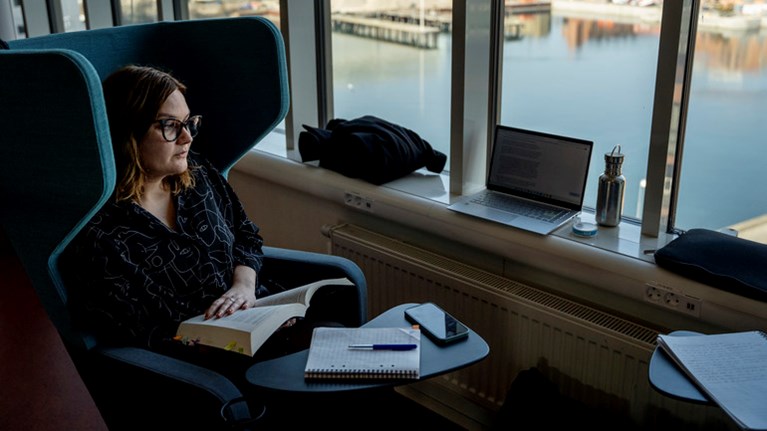
New education for historians
In the autumn, the Faculty of Education and Society start a new education for historians. It is set to provide several paths into professional life. As previously established, there is also master's programme.
2019
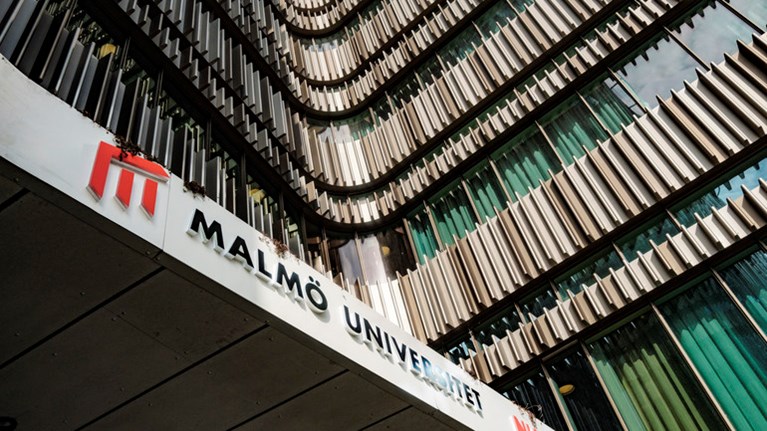
Malmö University undergoes an external evaluation (ERA19) of the university's research quality
An external evaluation shows Malmö University is a modern university with a clear vision of internationally outstanding research. The research is relevant and has a strong connection to the surrounding society.
2019
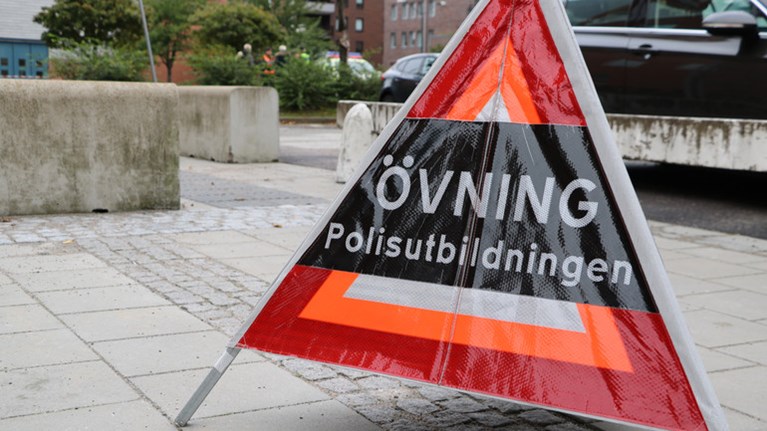
The University starts police training
The police authority commissions Malmö University to carry out police training; the first students will begin their studies in the spring of 2019. The training is four semesters long and is followed by six months of aspirant service.
2018
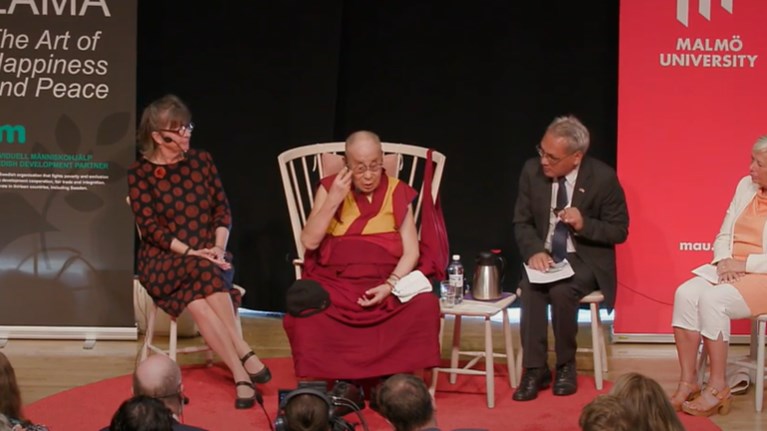
Dalai Lama lecture for students
The Dalai Lama visits to give a lecture and have a conversation with students on the subject of secular ethics.
2018
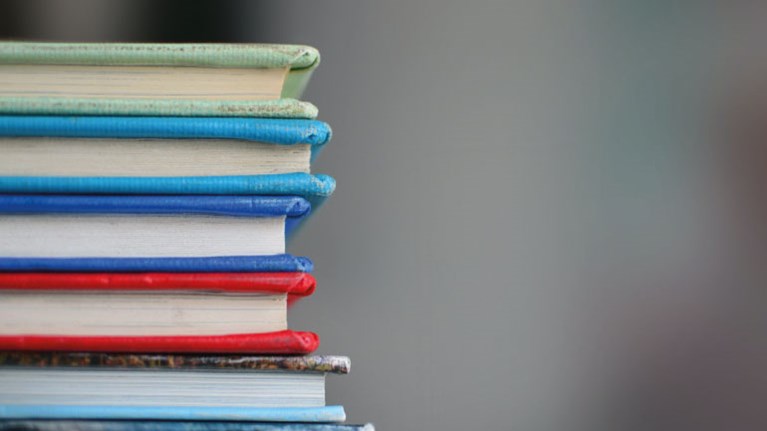
The University decides on four research programmes
As a newly established university, the institution decided to establish four research programmes: Data Society, Disciplinary literacy and inclusive teaching, Foresight, and Institute for Urban Research. This investment in innovative, inter-disciplinary and outstanding research that tackles pressing societal issues was part of the ambition to increase research volume and create stronger research environments.
2018
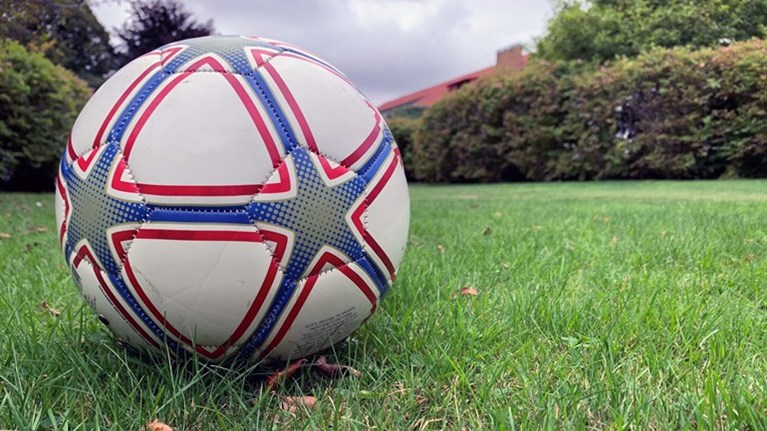
Malmö University becomes a National Sports University
Being a national sports university and a ‘elite sports-friendly university’ means that athletes can invest in dual careers – their athletic endeavours and a future civilian career. Through adapted studies and strong support for both sport development and studies, today more than 700 elite athletes in Sweden can invest in dual careers.
2018
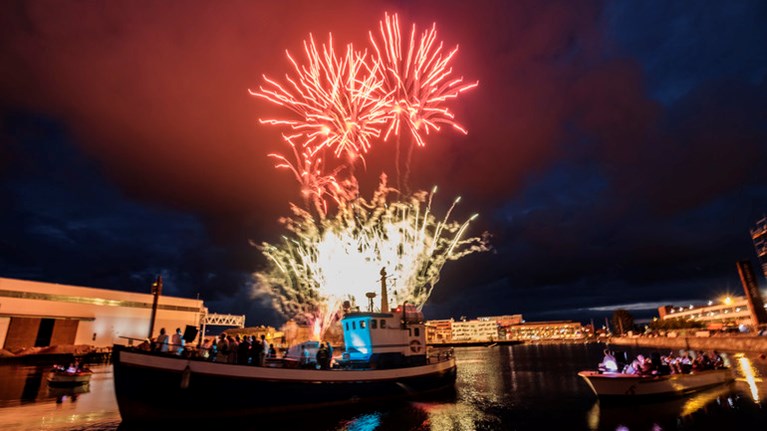
Malmö University is inaugurated with a big quay party
The inauguration of Malmö University takes place with a big party on the quayside outside of the Niagara building. All students, employees, alumni, partners and curious Malmö residents participate in the celebration, which includes both academic lectures, exhibitions about the institution's history as well as entertainment in the form of live music and games organised by students. Former Vice-Chancellor Kerstin Tham and the Minister for Higher Education Helene Hellmark Knutsson make opening speeches and the evening culminates with a firework display.
January 1, 2018
Malmö University receives full university status within Sweden.
2017
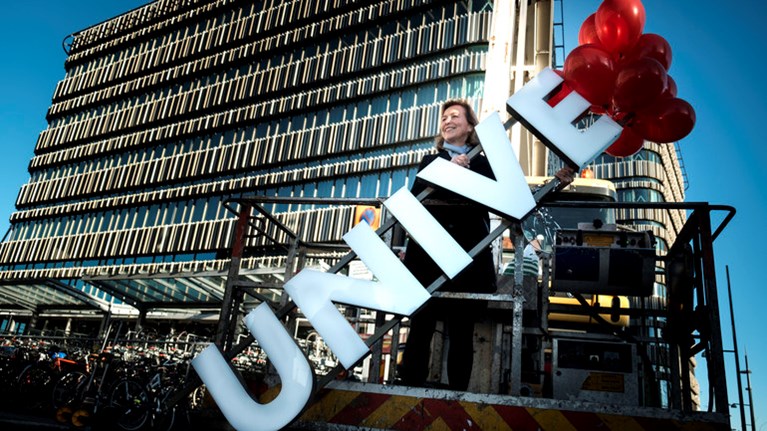
Malmö University takes shape in the city
Old signage for Malmö University is taken down and replaced with the new logo.
2017

Lecture by Nobel peace prize winner, Shirin Ebadi
The highly-regarded human rights activist and lawyer holds an open lecture for the University's employees, students, alumni and the general public. The Iranian was awarded the Nobel Peace Prize in 2003 for her fight for democracy and human rights.
2017

A royal visit
On a Wednesday in February, Malmö University receives a visit from King Carl XVI Gustaf and Queen Silvia, as well as the Canadian Governor General David Johnston and his wife Sharon Johnston.
2017

The logo is updated after 20 years
Malmö University has kept the original logo since its inception, but after 20 years it is time for an update of the logo ahead of the new university status on January 1, 2018.
June 16, 2016
Government announcement: Malmö University set to receive full university status
The government announces that Malmö University is set to become, on January 1, 2018, a State higher education institution with the right to award first, second and third-cycle qualifications with an entitlement to award third-cycle qualifications in specific research domains. This would mean an increase in research funding.
2016
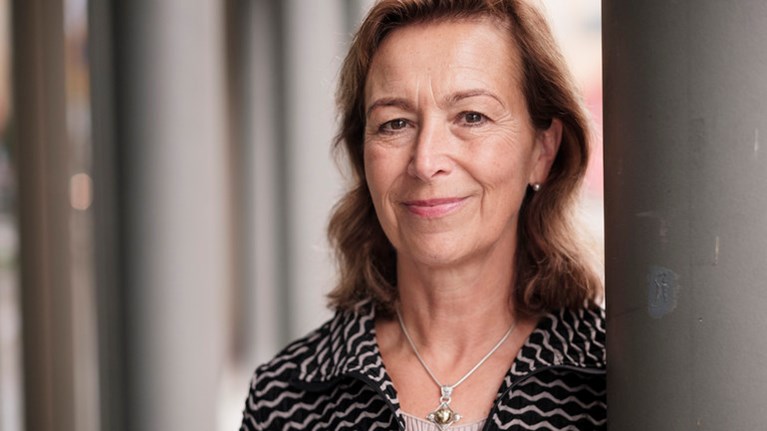
Kerstin Tham is installed as Vice-Chancellor
Malmö University gets its first female Vice-Chancellor. Kerstin Tham is a professor of occupational therapy and was previously Vice-Chancellor at Karolinska Institute. Her three predecessors in the position are Stefan Bengtsson (2011–2015), Lennart Olausson (2002–2011) and Per-Olof Glantz (1998–2002).
2015

Niagara is complete!
On October 16, Malmö University’s central building Niagara is inaugurated. With its 12 floors and 25,000 square metres, it is the University's second largest building after Orkanen. Even before Malmö University's inauguration in 1998, there was a plan to concentrate the University's buildings in two areas of the city. The area near Malmö central station is named Universitetsholmen and it is here, between the concert hall Malmö Live, and the University building Orkanen, that Niagara is built.
2015
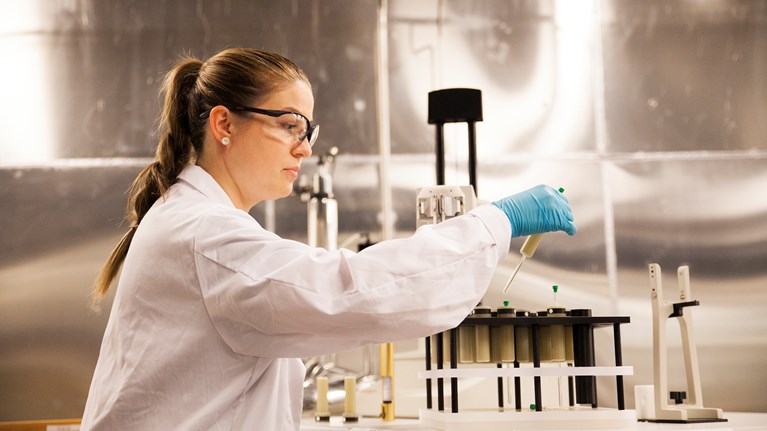
Open Lab builds bridges between research and industry
To increase interaction between academia and industry, Open Lab opens at Malmö University. Its ambition to promote development projects by opening up laboratories to industry and providing equipment and expertise in life science, materials science, food and chemistry.
2014
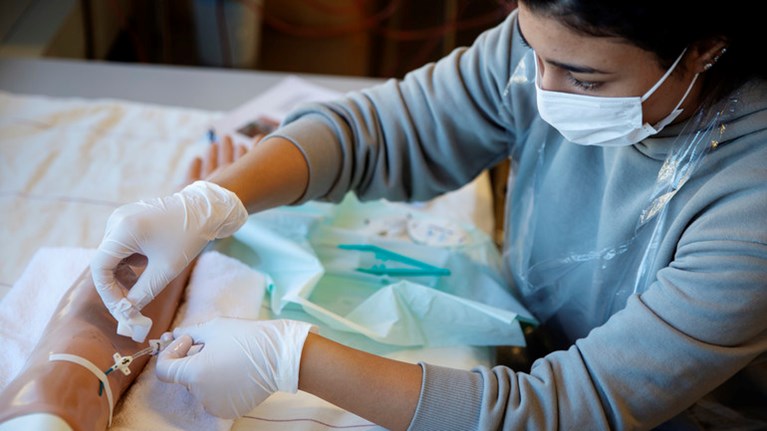
Malmö's nursing degree is the best in the country
Malmö University's nursing degree is of very high quality which is shown by an evaluation from the University Chancellor's Office, which reviews Sweden's 24 nursing education programmes. The nursing education in Malmö is unique in the country and gives the students the opportunity to integrate theory and practice in a clear way throughout the education.
2011
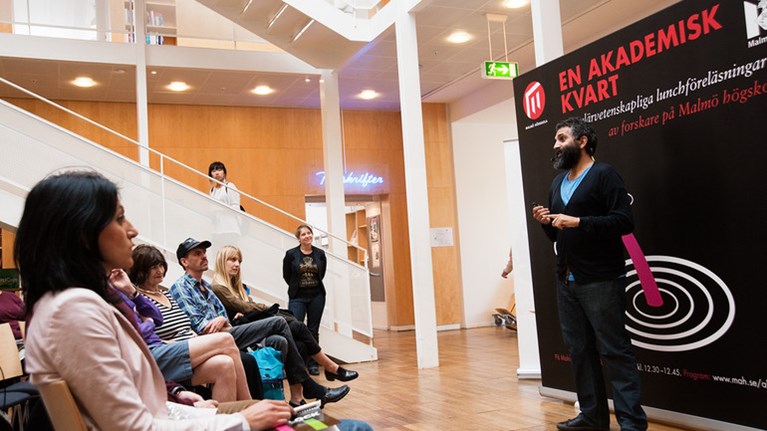
Academic quarter begins
University lecturer Cecilia Olsson Jers takes the initiative for an academic quarter, short research lectures at the City Library. The aim is to talk about current research in an understandable and popular science way. In the picture, David Cuartielles, university lecturer and PhD student in interaction design, lectures about the Internet of things.
2010

The master's programme in game development starts
In the city of Malmö, there is a large concentration of companies in the gaming industry, and the University wants to play its part.
2009
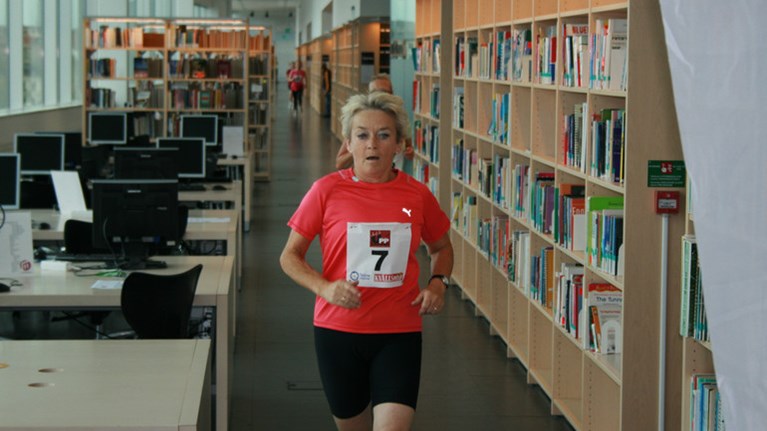
The final dash!
On September 26, the ‘Uploppet’ took place, which is an indoor race with a finish in Orkanen. The mile-long course runs from the wharf area outside the building, down into the garage and then via the stairs through each floor before finishing at the library on the fifth floor.
2009

Sweden's first female professor of sports science
Sweden got its first female professor of sports science, Susanna Hedenborg at Malmö University.
2008
Malmö University turns 10 years old
At the anniversary, among other things, the number of students during this ten-year period increases from 5,000 to 23,000.
2007
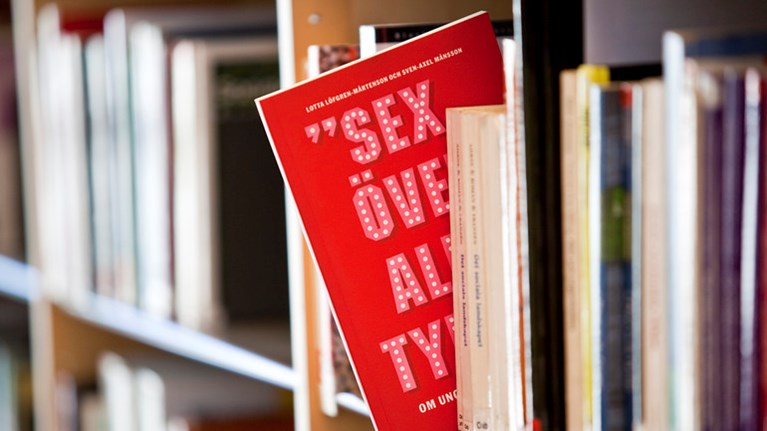
The country's most sought-after education
The country's most sought-after master's programme is taught at Malmö University – it is the new education in sexology at the Faculty of Health and Society. During the same year, approximately 21,000 people have studied at Malmö University, which for the academic year 2007/08 offers a range of 466 courses and 86 programmes.
2005

Orkanen is ready
In 1997, planning begins for a new building which will house both the library and the Faculty of Education. The building, called Orkanen, is completed in the summer of 2005 and has an area of 7,000 square metres and 2,500 meters of bookshelves (making it one of Sweden's largest university libraries). The words ‘freedom’ and "knowledge" in different languages adorn the facade.
2005

The Arduino innovation is spreading all over the world
Arduino is an open-source hardware and software ecosystem. The technique is used during a project in Italy where researcher David Cuartielles participates on behalf of Malmö University. Cuartielles is one of the developers behind Arduino, which consists of circuit boards that anyone can learn to program with. What makes it so unique is that all hardware, software and documentation are open source, which means that users can use, modify and share the technology with other users. Arduino has since spread all over the world and is used today by millions of people and also as an educational tool in a number of universities.
2005
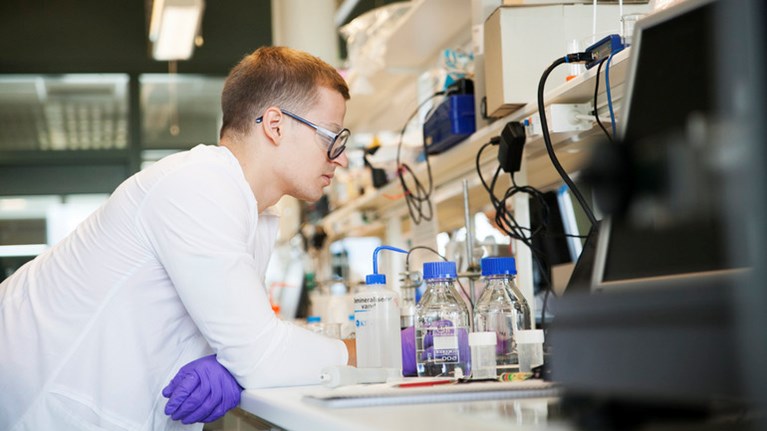
The starting shot for increased research collaboration
The first research centre, Biofilms – Research Center For Biointerfaces, is established. The purpose is to create a broader research collaboration within Malmö University. Since then, more research centres have been established and today Malmö University has a total of five. In addition to Biofilms, the others are Centre for Sexology and Sexuality Studies (CSS), Centre for Applied Working Life Research (CTA), Internet of Things and People (IOTAP) and Malmö Institute for Studies of Migration, Diversity and Welfare (MIM).
2004
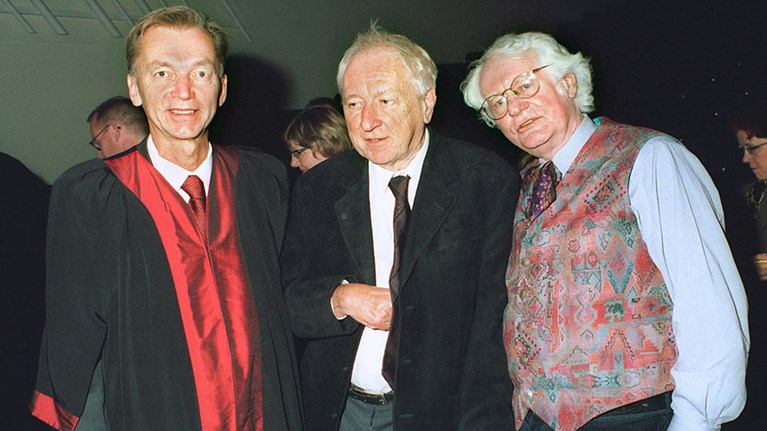
Tomas Tranströmer visits
The Swedish Nobel laureate in literature Tomas Tranströmer visits Malmö University's Annual Celebration. In the picture, he is between Vice-Chancellor Lennart Olausson on the left and author Robert Bly on the right.
2004
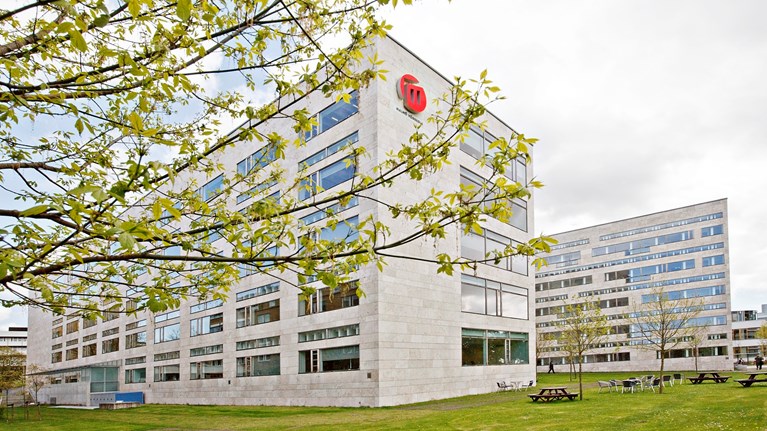
The HS building receives Malmö's city planning award
The Faculty Health and Society's new building on the hospital grounds receives a Malmö's urban planning award. The justification is: Its placement along Pildammsvägen and Pildammsparken takes up the old structural idea by adapting to detached buildings with surrounding green flanks, which in this case open up to Pildammsparken. Hälsa och Samhälle is a solid building that, both during the day and in the evening, signals its obvious place to passing Malmö residents. Through the transparency of the intermediate building, the architect has utilised the potential dialogue with the adjacent park space.
2003
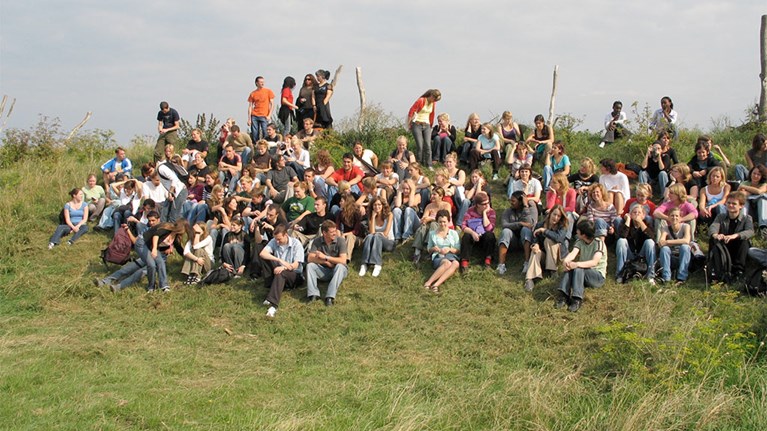
One hundred exchange students
The number of exchange students at Malmö University passes the one hundred milestone, 107 to be precise!
2002
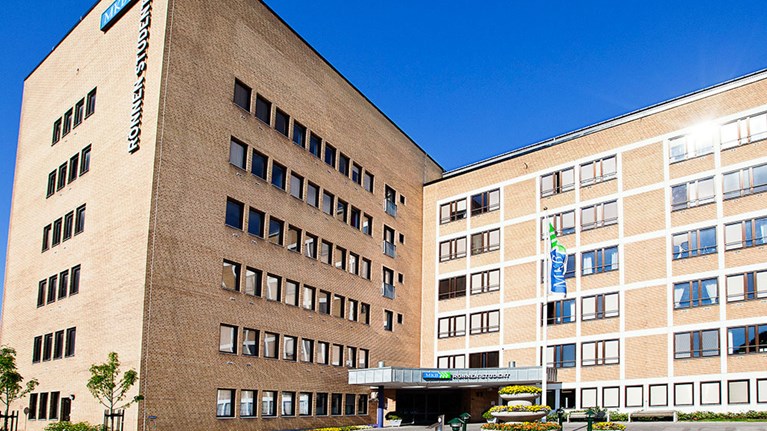
The first students move into the Rönnen student accommodation building
The building is a a former hospital which is converted into student housing with 491 rooms.
2002
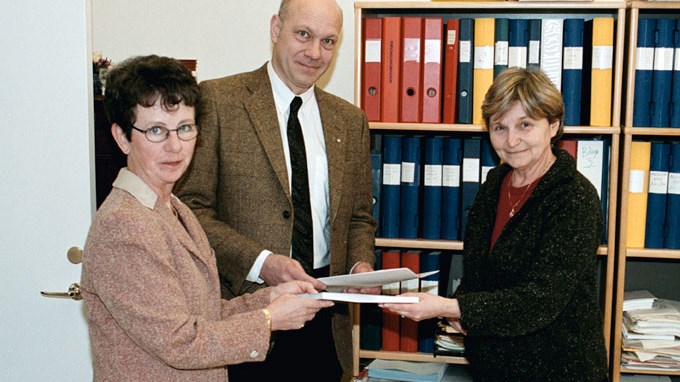
Early attempt to gain full university status
While Malmö University has always been regarded as a ‘university’ internationally, within Sweden the full status requires approval by the ministry for higher education. If this is granted, it means that it would go from being known as a ‘högsköla’ to a ‘universitet’. Malmö University make an attempt and write a proposal. Research coordinator Peter Jönsson and head of administration Wanda Klintberg submit the application to the Ministry of Education on March 4. While the work is in progress, the opportunity to apply for university status unfortunately disappears, and thus the institution remains a ‘högskola’.
2001
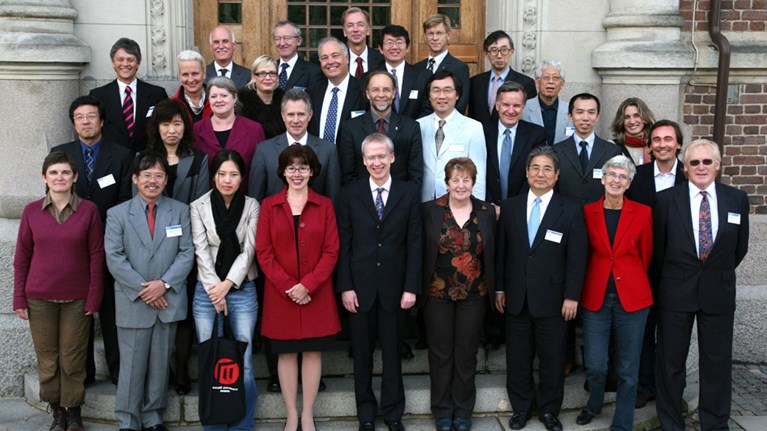
Malmö University joins the International Network of Universities (INU)
The International Network of Universities is a global association whose purpose is to promote internationalisation by sharing experiences to improve universities worldwide. In the picture, then-Vice-Chancellor Lennart Olausson stands together with international colleagues.
2001
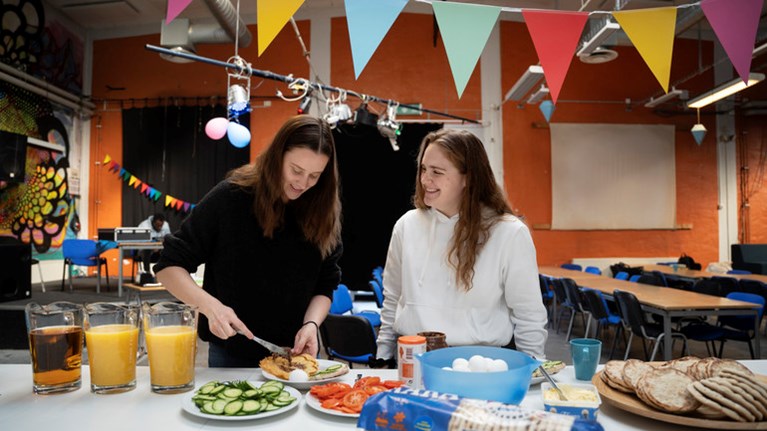
The student union is formed
Malmö University's various unions merge with the exception of the Odonatological Student Union and form the Student Union. Associations that still exist include the Student newspaper, Festmästeriet's student pub, and Malmö Academic Choir and Orchestra.
2000
Dynamic environment about real estate business
The association Centrum för Fastighetsföretagande (CFF) starts in collaboration between Malmö University, the real estate industry, and Lund University’s Faculty of Engineering. It has the aim of creating a dynamic environment where different sciences, experiences and perspectives meet in a developing environment. The vision is to create a new and interdisciplinary approach to research and development in real estate business in the region.
1999
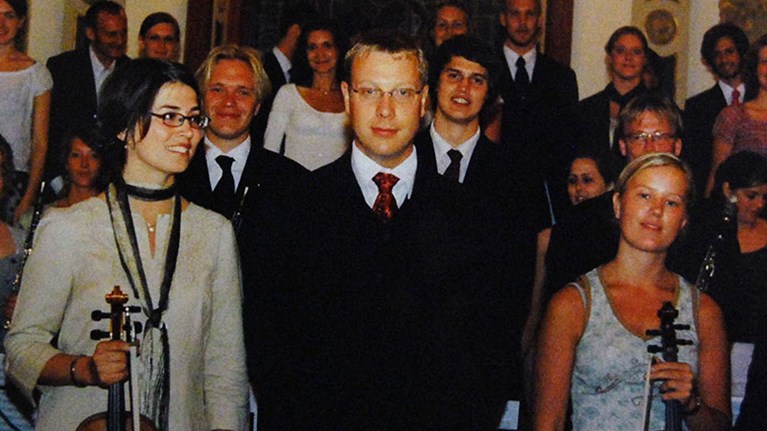
Malmö Academic Choir and Orchestra established
The choir and orchestra are formed at the University by the then 26-year-old conductor, Daniel Hansson. He is still active at the University as artistic director and conductor for the Malmö Academic Choir and Orchestra, which since its inception has developed into nationally leading ensembles across Swedish universities and colleges.
1999
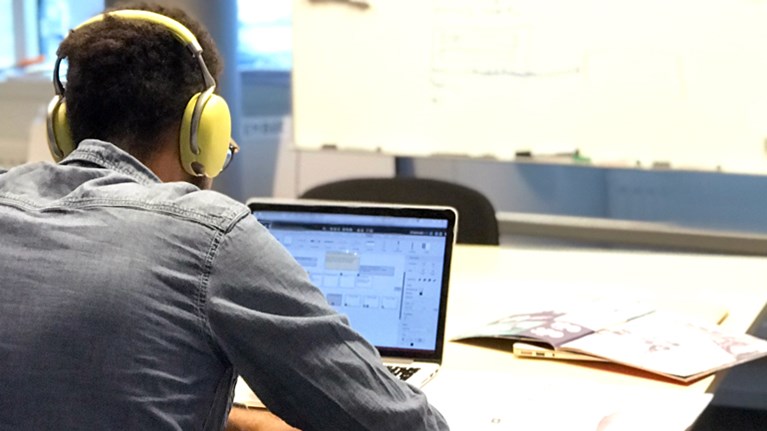
Sweden's first postgraduate programme in interaction design
Malmö University is the first in Sweden, in collaboration with Blekinge University of Technology, to start a PhD programme in interaction design.
1999
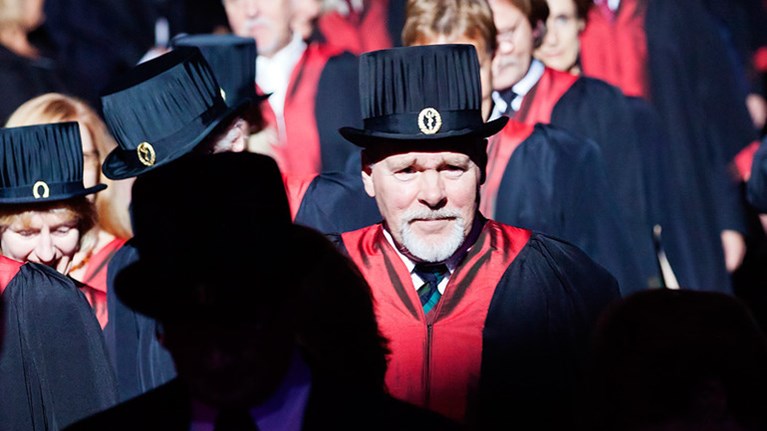
Malmö University's first doctorate
Björn Axtelius becomes the first to complete a dissertation at Malmö University. His dissertation in odontology shows that tooth loss is exacerbated by stress. Axtelius has to choose between being one of the last to get a doctorate from the Faculty of Odontology at Lund University or to be the first at Malmö University. He chooses to be the first, and the thesis then becomes the first from the Faculty of Odontology since the school was incorporated into Malmö University. The picture shows Björn Axtelius in a doctor's hat at the 2011 Annual Celebration.
1998
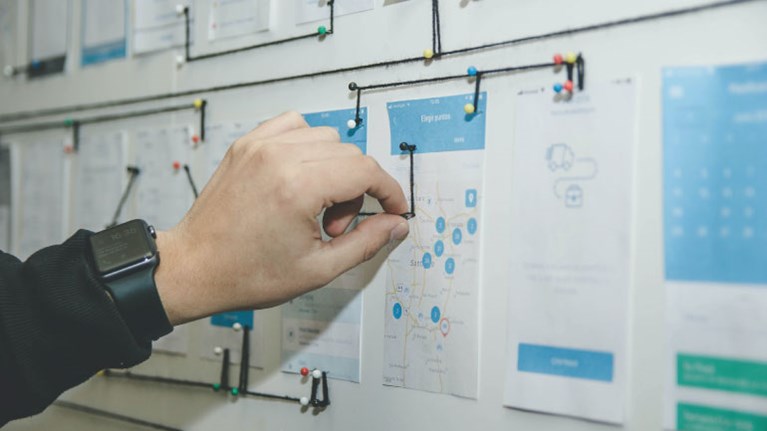
One of the Nordic countries’ first courses in interaction design
Jonas Löwgren (now professor of interaction and information design at Linköping University) helps start one of the Nordic countries’ first master's programmes in interaction design at Malmö University.
1998

All welcome to decide upon the University’s logo
The decision on Malmö University's logo is one of the first made by the University board. A number of proposals are drawn up, and the public is also involved through a vote in a newspaper. When it comes time for the board to make a decision, it goes with the letter ‘M’ as it is perceived as innovative and at the same time classic. It notes the symbol could be rotated to look like an ‘E’ as in Europe or a bridge that brings to mind the Öresund Bridge that is under construction at the time.
1998

Inauguration
The Prime Ministers of Denmark and Sweden, Poul Nyrup Rasmussen and Göran Persson, participate in the opening ceremony which takes place at the city’s theatre.
1998
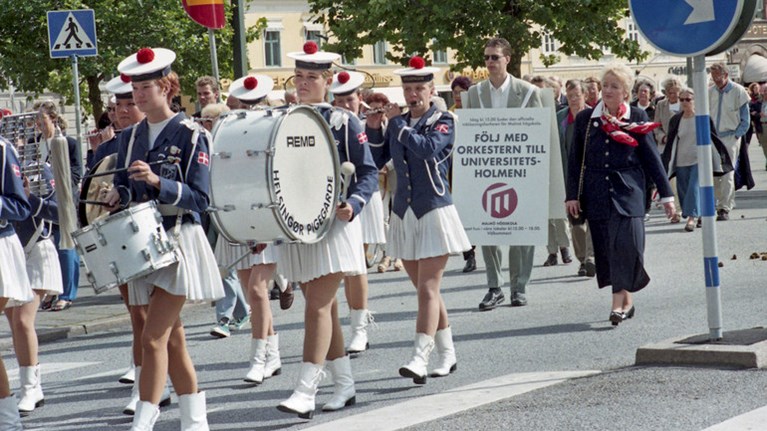
Inauguration
Three music choirs – Malmö fire brigade's music choir, Elsinore's Girl Guard, and a mix of the student orchestras Pulpahornen and Alte Kamereren – play for those gathered at the opening of the University.
1998
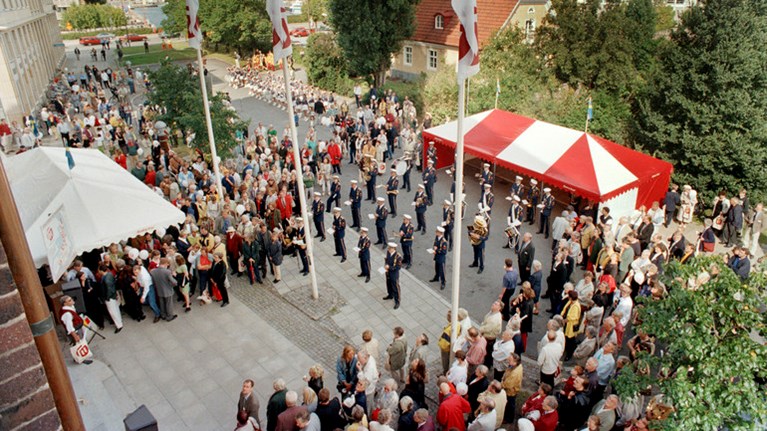
Big festivities at the opening of Malmö University
At 15.00 on August 31, the trumpet fanfare sounds and the opening festivities for Malmö University begin. The public have the opportunity to take a closer look at the University's premises, which are situated around the former industrial shipyard and docklands.
1998
Malmö gets its university
On July 1, 1998, Malmö University is officially established. Teacher, engineering, dental care, and nursing education that were previously conducted in Malmö, but as part of Lund University or under municipal auspices, are transferred to Malmö University. For the courses in autumn 1998, 20,000 students fight for 8,000 places.
1997
IMER – pioneers in migration and integration
The International Migration and Ethnic Relations education gets off to a flying start and pioneers issues of migration and integration. From the beginning, its foundations are emigration, immigration, and re-migration, and much focus is on demystifying the "immigrant". The development then moves to the understanding of racism and anti-racism, vulnerability, and discrimination. Subsequently, the education is split up to constitute specialised educations in both human rights, peace and conflict science and international relations. Today, the research is conducted at MIM (Malmö Institute for Studies of Migration, Diversity and Welfare).
1997

A thousand oaks, symbol of the new university
The first courses are inaugurated by planting a thousand oak trees in Scania Park. Only one building is completed and there are approximately 1,000 students admitted to the autumn semester courses.
1997
The first programme is underway
In the autumn of 1997, about a year before Malmö University is officially established, the first programme is launched. It is the Recycling Programme which was started in cooperation with Lund University and the Swedish University of Agricultural Sciences. An important part of the education is problem solving and the final year students carry out project work where they help companies or municipalities with solutions to resource management problems.
1996
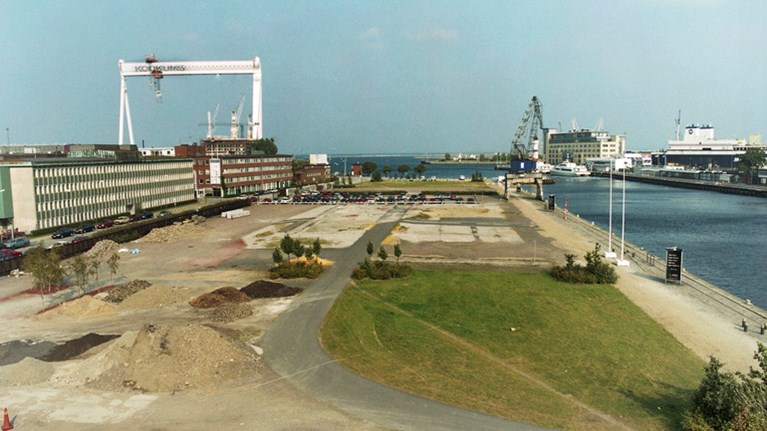
From industrial city to knowledge city
Due to major shutdowns in industry, by 1996 unemployment in Malmö is high compared to the rest of Sweden. Many people leave the city, with the result that the population curve begins to drop. The level of education also falls to a level where only 20 per cent of inhabitants have post-secondary education. The idea of starting a university in the city begins to form as a possible solution to the precarious situation. Sleeves are being rolled up and the intensive work begins. It starts with a request from the City of Malmö and the government quickly sets up a committee to review the matter. In December 1996, the government approves the establishment of Malmö University (within Sweden it is known as Malmö högskola and nationally is not given full university status). The new higher education institution is to include parts of Lund University, such as the School of Dentistry (founded in 1948) and the Teacher Training School (founded in 1960).